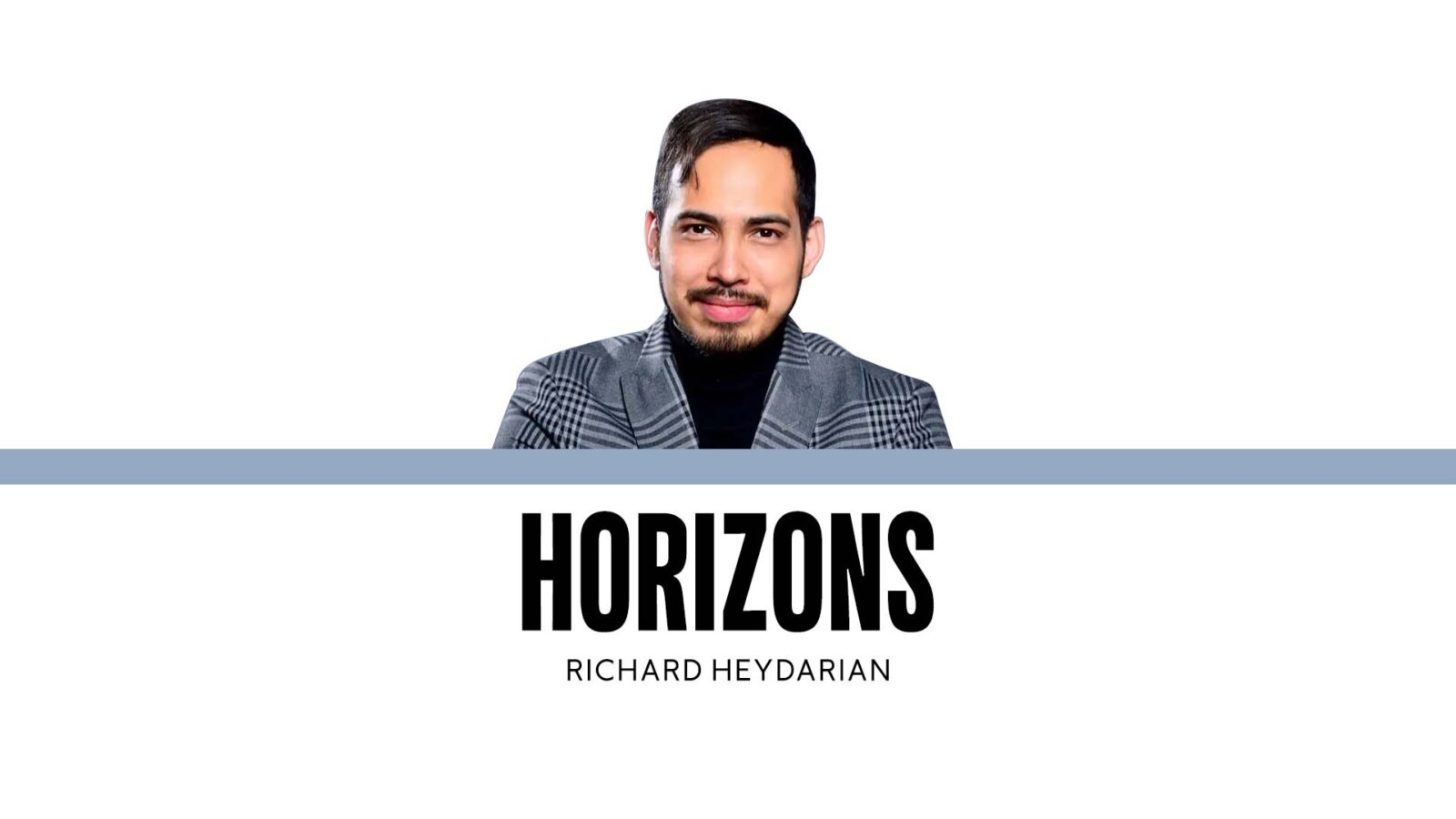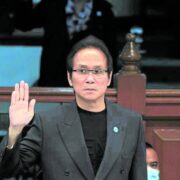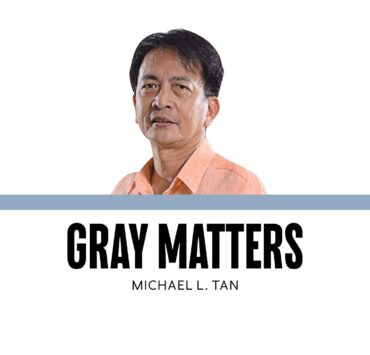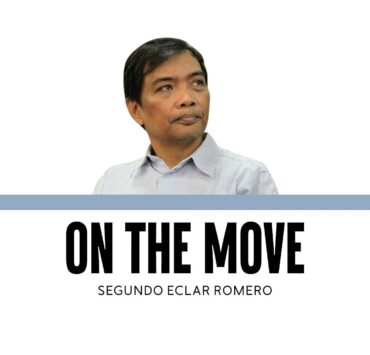Hundred years of war on corruption

I would rather have a government run like hell by Filipinos than a government run like heaven by Americans,” former President Manuel L. Quezon once (in)famously declared. The conventional interpretation of the quote often reduces it to a high-minded form of patriotic sentimentalism. Less charitable interpretations tend to dismiss it as idealistic folly. But Quezon’s well-intentioned declaration also inadvertently presented a false binary with troubling consequences over the next century.
Quezon intended to emphasize the pricelessness of independence. Over time, however, his eloquently sentimental declaration had the unintended consequence of associating self-rule with malgovernance and corruption. In his new magisterial book, “The Profligate Colonial,” University of California, Berkeley historian Lisandro Claudio deftly explains the crystallization of this self-Orientalizing malice throughout and beyond American colonial rule. From American colonial officers to Western scholars and organizations in more contemporary times, the consistent narrative has been this: The Philippines is ruled by a hapless and helplessly corrupt elite.
What this narrative conveniently elides, however, is the irredeemably corrosive impact of American colonialism, including a puerile tradition of libertarian antistatism as well as “pork barrel” politics that singularly bedeviled US democracy a century ago. Nor did Americans focus on building a strong bureaucracy capable of shepherding sustained economic development. Contrast this to the ruling elites in neighboring Taiwan or South Korea, who faced constant American pressure to curb their greed and engage in land distribution and rapid industrialization lest they fall prey to the communist wave.
There is, however, also a pernicious ideological legacy, which induced not only historical amnesia about American colonial rule in the Philippines but also inadvertently cultivated a shallow political discourse that often dismisses our country as congenially and exceptionally corrupt.
In a recent journal article, titled “A Thousand Years of Corruption,” University of Chicago sociologist Marco Garrido examines a whole series of corruption scandals, dating all the way back to the war-surplus scandal during the Manuel Roxas presidency. What Garrido discovered is that corruption has been an evolving challenge immanent to our political development as a postcolonial nation rather than a monolithic crisis.
Both lay and intellectual discourse, Garrido argues, tend to treat corruption as “genetic to Philippine culture or politics” and as a “generic social problem,” which is divorced from the inherent dynamics of state-building and democratization identified by leading thinkers such as Samuel Huntington. The upshot is a dangerous and “intolerant approach,” which Garrido aptly described as anticorruption “fundamentalism.” Never mind that, practically, all of our most successful neighbors, from South Korea to China and Malaysia, have been constantly grappling with massive corruption scandals throughout their high-growth periods.
In fact, leading economists such as Yuen Yuen Ang of Johns Hopkins University have spoken of “corrupt meritocracy” as an engine of economic development. This obviously doesn’t make corruption “okay,” but shows that there are many forms of corruption (e.g., “access,” ”petty,” “speed,” “grand theft”)— and, crucially, the Philippines is NOT singularly corrupt but just another struggling and modernizing post-colonial state.
“Anticorruption fundamentalism,” which sacrifices analytic nuance in favor of self-Orientalizing moralistic posturing, seems to have colonized even our journalistic and social science discourse. This is most evident in the misplaced response to a recent economic paper by economists Jesus Felipe, Gerardo Largoza, and Mariel Sauler, which was lambasted by commentators as “fringe economics” or, worse, insensitive to the obvious devilry of corruption.
Never mind that the paper’s main point was that bad economic policies, namely underinvestment or lack of industrial strategy, can cause far more poverty and misery than even the worst forms of nepo-kid profligacy and individualized graft. Absolutely, corruption is evil. And corrupt politicians, who stole taxpayer money and oversaw shoddy projects costing countless lives, should be held accountable. Heads have to roll. Justice must be served.
Let’s also keep in mind that our gross domestic product growth decelerated to only 4 percent in the latest quarter, thanks to a massive contraction in infrastructure spending. We surely need to clean up the books and avoid more shoddy flood control projects, but even worse is to forego trillions in foregone economic activity in the name of performative reforms.
Thus, properly balancing good governance reform and productivity-boosting investments is key here. The appropriate metaphor for our government spending conundrum is not the cliché “leaky bucket,” but instead this: avoiding prescribing the wrong medicine that kills the patient.
—————-
richard.heydarian@inquirer.net


















